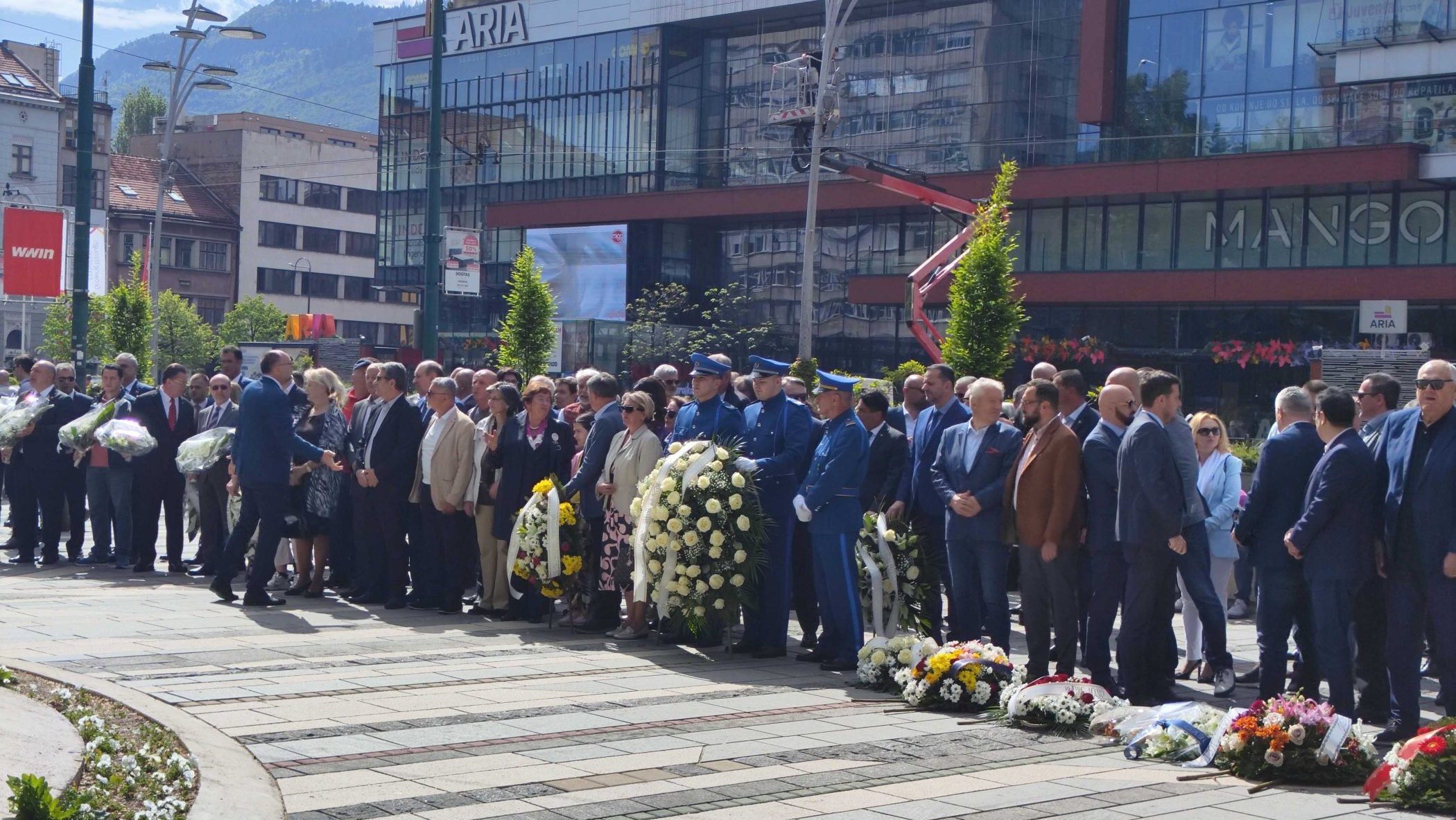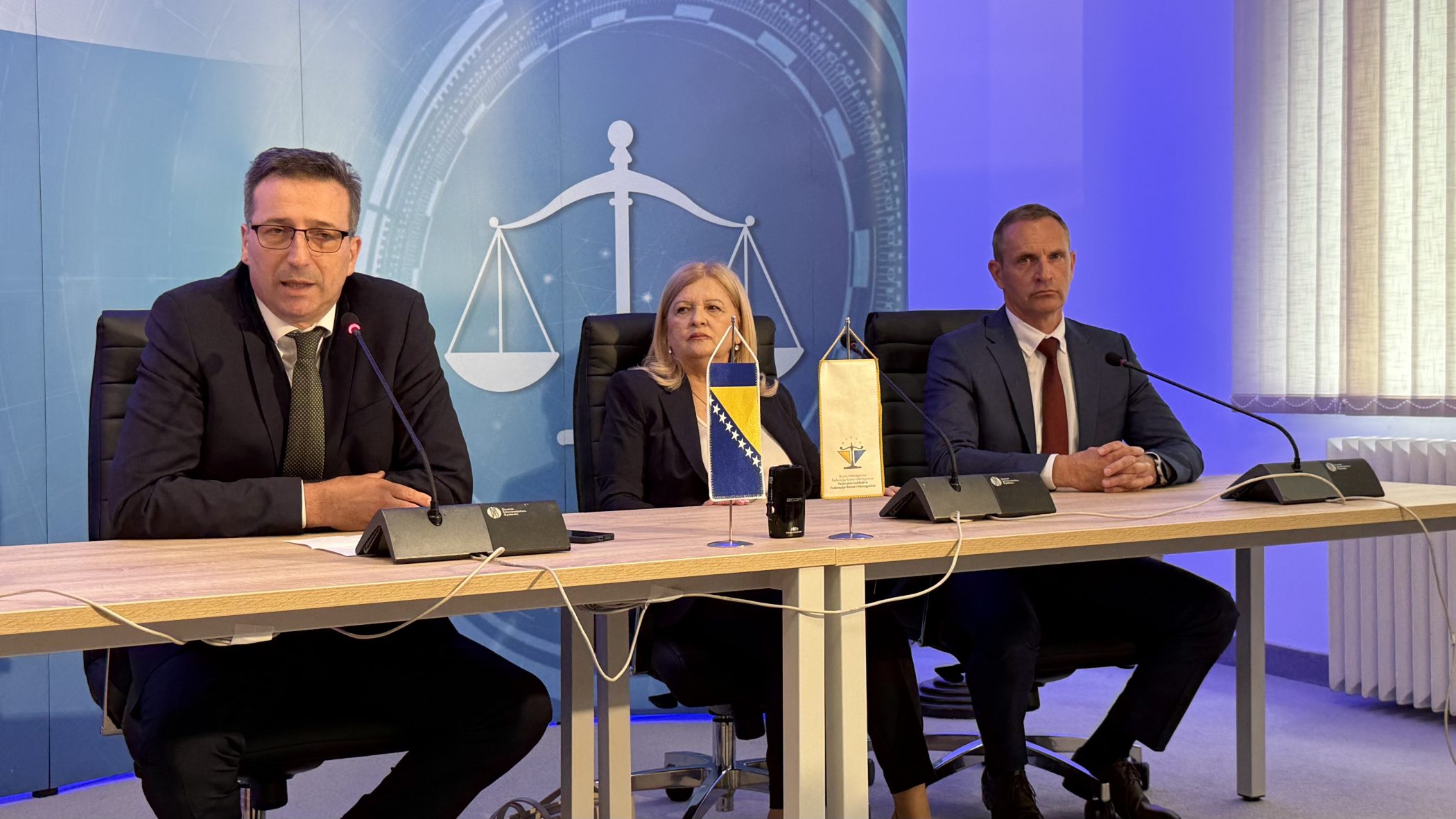This post is also available in: Bosnian
Alija Suko, the director of the wartime hospital, said that the women were brought in by several policemen, that they said they had been raped and that they came from the Battle of Neretva Museum.
Doctor Suko explained one of them was 35, and the other one aged between 18 and 23, and that he wrote a report on everything. He added that they were silent all the time.
Bojadzic, the former deputy commander of the Zulfikar detachment, is charged with rape of a female person that was held captive in the museum.
Responding to questions from the defence, the witness said he did not hear anyone link Bojadzic with the rape. He said that the wartime hospital treated Bosniaks and Croats equally.
According to the indictment, Bojadzic prevented the doctor from assisting a wounded prisoner twice by threatening him with a gun in September 1993, as well as threatening the prisoner and demanding money from him. He is also charged with pulling out an IV line from the prisoner’s arm a month later, which caused the prisoner’s bleeding.
Suko – who was sacked from his position mid-August, but remained working in the hospital – denied claims that doctors were prevented from assisting Croat prisoners. He added that Bojadzic came to the hospital to visit wounded soldiers of the Zulfikar detachment. The witness said that the defendant and his escort behaved decently.
Another witness, Slavka Divkovic, was brought to the museum with a group of Croat civilians from Doljani near Jablanica in late July 1993. She recalled the first night when the two women were called out and left the room in which they were held, but she did not know who called them.
The trial will resume on June 13.

